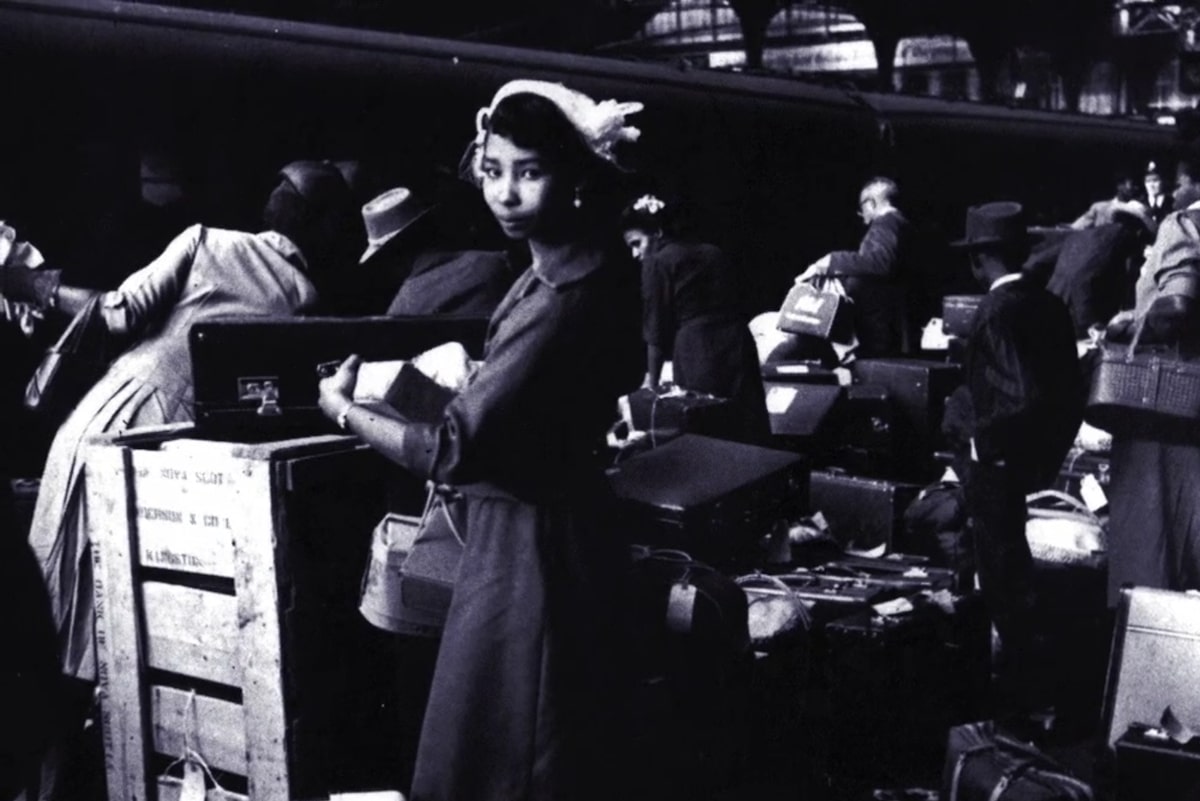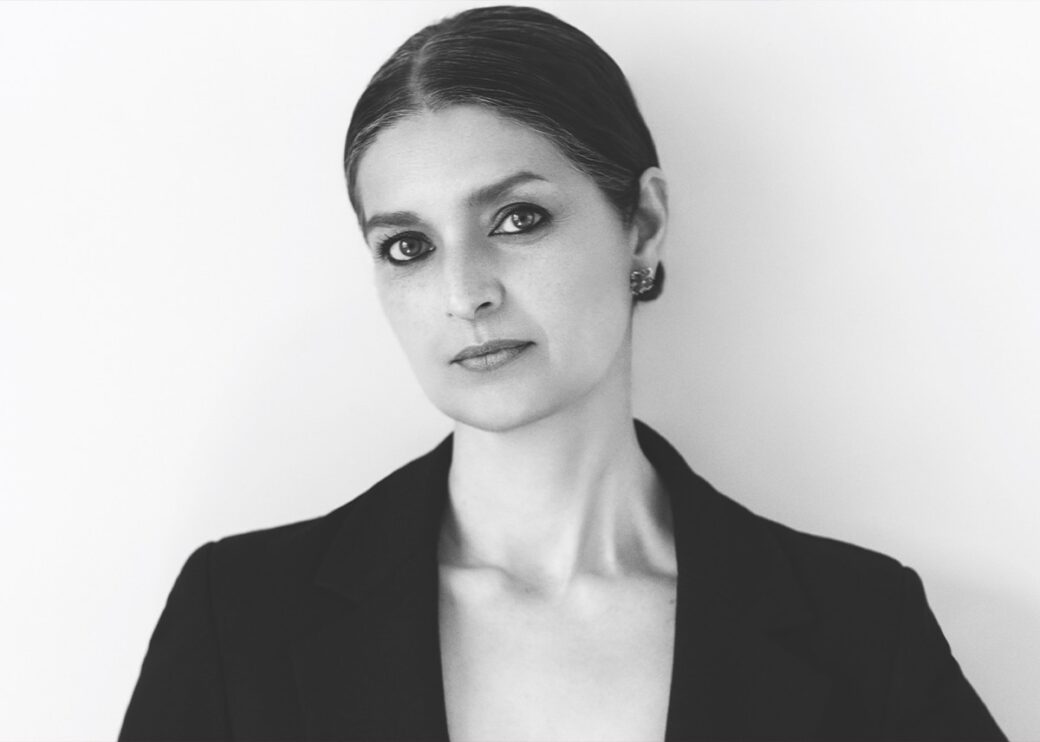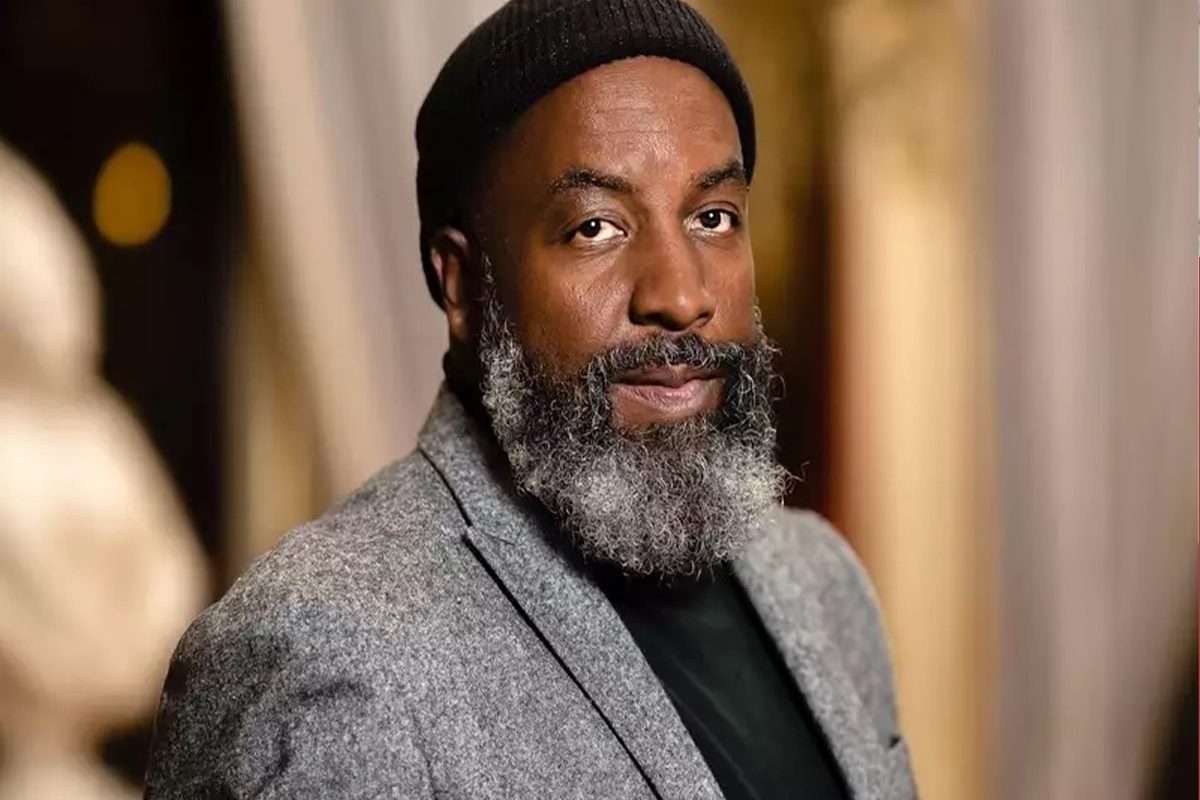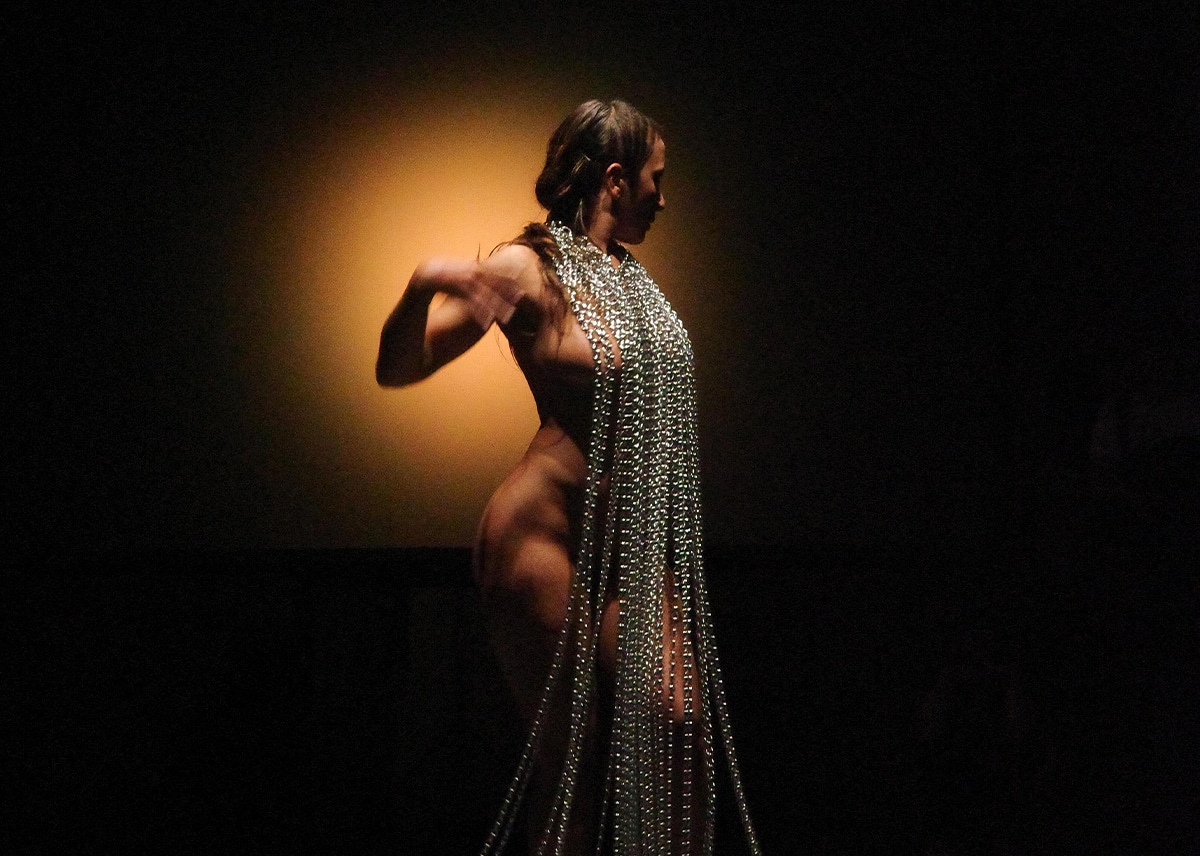Imperfect Speakers
Franklin Nelson interviews Jhumpa Lahiri
Jhumpa Lahiri is a novelist, essayist, translator and the Millicent C. McIntosh Professor of English at Barnard College (Columbia University). In the spring of 2025, Lahiri was the Weidenfeld Visiting Professor of European Comparative Literature at St Anne’s College, University of Oxford. Lahiri’s four lectures – entitled ‘Imperfect Speakers: Understanding Exophonic Women’ – look at the lives and work of women who adopt the practice of writing in a language that is not their mother tongue. This interview took place at St Anne’s College, on a windy but warm day between the third and final lectures. The New Yorker story that Lahiri refers to in the interview was published in June 2025.
Franklin Nelson: You’ve been in Oxford for the past few weeks as this year’s Weidenfeld Lecturer, speaking to the title ‘‘Imperfect Speakers’: Understanding Exophonic Women’. Would you tell me about the series of lectures: what inspired them, what was your aim in them, and how do you think they were received?
Jhumpa Lahiri: The lectures are based on a course I teach currently at Barnard College in New York – a new course, I think maybe the only course of its kind, but certainly one of the few that is trying to explore this question of exophony. That is, the act of crossing linguistic borders for a writer, what that means and why people do it. In my course, I focus specifically on women writers, to move away from names most people think of – Beckett, Nabokov, Conrad – and open up the question of what it means for a woman to write and to do this as well.
I’ve taught the course twice at Barnard now. It’s a semester-long course, so when I received the invitation to give these lectures, I thought it might be a new challenge to take some of the raw material of that course and craft a quartet of lectures. The lectures are kind of a distillation of the course. At Barnard, the lectures I give are not written. I have a pile of notes and the students do readings, so we’re responding much more to the texts and close readings and citations, and the class evolves that way, whereas here the presentation is more formal. It was an interesting challenge to take a broad swathe of thinking and choose these four blocks.
But in these lectures, which isn’t true of the Barnard class, Ovid is serving as an ongoing point of reference from week to week. That has a little bit to do – well, a lot to do – with the fact that I’ve been working for four years now on a translation of The Metamorphoses from Latin to English with a former colleague of mine at Princeton, Yelena Baraz. I think because that work has now entered so deeply, sedimented so deeply inside of me, Ovid becomes a prism for practically everything. But what I am interested in is looking at exophony as a kind of metamorphosis, if you will. What are the stakes and what is the actual phenomenon of it?
As we know from Ovid, no metamorphosis is clean and complete. There are always traces of the former identity in communication with, in dialogue with the new identity, and I think that pertains very much to what happens when writers decide to change language, either by learning a new language or going back to a language that they had growing up. So, the Oxford lectures are coming out of the Barnard course but also paired with this Ovidian component, really looking across time and culture to link questions of: what is language? What is one language compared to another language? What is a mother tongue? What is native? What is foreign? Looking, I hope, with fresh eyes on these oppositions and binaries and trying to get to a new angle with which to look at things.
Franklin Nelson: The lectures are dealing with the question of language and its value perhaps in a more objective way, but for you language is very subjective. This year marks 10 years since your essay in The New Yorker magazine in which you said you would write –
Jhumpa Lahiri: Is it 10 years already?! Okay.
FN: Yes, in which you said you would write only in Italian. Do you have any reflections on that decade of committing to Italian? How has it shaped you, your work and your thinking?
JL: It was a decade, and it’s a new decade, and I think I have perspective on the whole experience. I don’t really talk about myself in the lectures. I focus on other authors and their history and examples and their work. But once in a while I do shed a little bit of light from own experiences. I went into it [the decade] sort of starry-eyed and disoriented but in a kind of thrilled way, to see what was out there, exploring something so radically different. Now I feel that I’m in a new phase, yet again, a more clear-eyed phase about what it means to try to shift into another language on a whole host of levels.
Interestingly, you speak of the New Yorker piece, here in Oxford I’m writing a new story for The New Yorker, and it’s the first story I’ve written in English in 16 years, maybe more. So that too is exciting, to realise that the pendulum can keep shifting back and forth. There was a period, of course, where I maintained a very strict discipline of mostly reading in Italian, and then that reading in Italian led to the writing in Italian. And then, what happens? I move back to the United States, I start teaching at Princeton, I start teaching in English again. I have to engage with works in English in order to communicate with my students. I do sometimes teach in Italian as well but the opportunities are more limited, so in order to reach a broader number of students I’ve had to sink back into this English sea. And then the Ovid translation has been, needless to say, transformative, because in working out of Latin, to which Italian is very close, I read Latin with an Italian wiring of my brain. That’s been really stimulating for me, but that said, the end result is an American publication for Modern Library, and they are awaiting an English – rather, an American English – version of The Metamorphoses.
I think of language as a centre of gravity, or at least I thought in the beginning of those 10 years that my linguistic centre of gravity had shifted, along with all sorts of other centres of gravity: physical, geographical, cultural. But now it goes back and forth depending on what’s happening. So it is interesting to give these lectures thinking about exophony. In a way I feel that I’m in the middle of another crossing, but it’s not really a crossing back. It’s just another crossing – I hope a crossing forward – into English, but it’s a new kind of English. My relationship to English is very different now, because of this chapter.
FN: You talk about having a better or different understanding, on various levels, of what it means to encounter a new language. Have you come to see that there are limits to the extent to which you can do so? And, on returning to English, are there particular ways in which you see English literature – or literature in English – differently?
JL: I see everything in a new way. I’m certainly more aware of the linguistic variety within English, so Old English, Anglo-Saxon, works in the medieval period. I have this book by Robert Henryson in my bag that I’m curious to go back to; it’s something I read years ago in graduate school. This comes a lot from understanding Italian and the impact of all of the dialects on the literary culture and the culture at large. I think about writers in English like Joyce or Woolf for whom language was to be bent and challenged. I think about the limits of exophonic practice and question why some writers are welcomed more, others less. I think about my own case. I think the key to writing is just to follow the source of inspiration, whether that’s happening in one language or another. I think a lot of the writers that I talk about in the lectures have helped me to open up the question of the ‘either/or’.
When I decided to move into Italian and spoke about it, suddenly there was a spotlight of: ‘Now she’s going to switch into this’. Nothing is forever, right? But then people are like: ‘Oh, it’s only going to last for a little while’. There’s just a lot of speculation from the outside, which I try to tune out. Etel Adnan, whom I cited in one of my lectures, said that wherever she was, she wrote in that language. So I thought: Okay, one can shift, one can shift within a given moment, perhaps even within the work.
This is an abridged version of the interview. The full version is available as a PDF here: Jhumpa Lahiri in conversation with Franklin Nelson_full version.docx

Franklin Nelson
Franklin Nelson works for the Financial Times, commissioning and writing on UK politics, the economy and society as well as books and the arts.
Carefully remembering as healing
Tending to the legend of forgotten Black Londoner Mary Woolaston
My dead white male artist
A love story in three paintings
A flag as a broken mirror
Encountering men attempting to claim the Union and St George’s flags as signifiers of the far-right, John Siddique turns to a patron saint of his bookshelf, James Baldwin, for guidance
Let the Fish Fly
A journey to an ashram in the Himalayas leads to a stronger understanding of self in Ekta Bajaj's novel.
Speaking in Tongues
JM Coetzee and Mariana Dimópulos discuss political and ethical issues of translation
Mahsa Salali: THE CALL: MUBĀH مُباح
A theatrical performance, a sequence of ceremonial actions that redefines the body’s presence

Preaching
'Preaching': A new poem by the T.S.Eliot Prize-winning poet Roger Robinson, from his forthcoming New and Selected Poems (Bloomsbury in 2026).

Walking in the Wake
Walking in the Wake was produced for the Estuary Festival (2021) in collaboration with Elsa James, Dubmorphology and Michael McMillan who meditates on the River Thames as we follow black pilgrims traversing sites of Empire.

Illuminating, in-depth conversations between writers.
SpotifyApple Podcasts
Amazon Music
YouTube
Other apps

The series that tells the true-life stories of migration to the UK.
SpotifyApple Podcasts
Amazon Music
YouTube
Other apps














